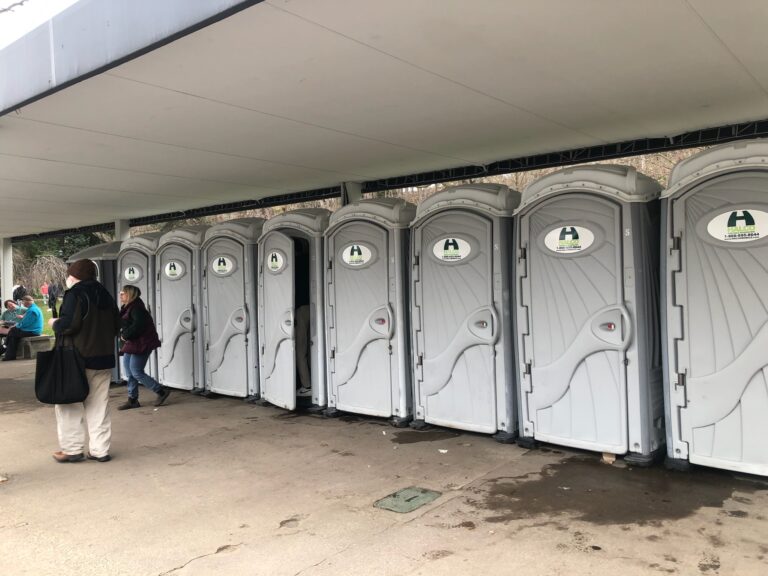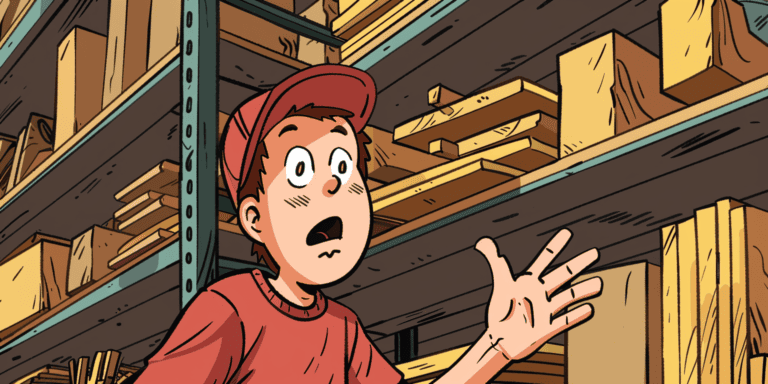Dear editor:
Bird cannon explosions will start again in a couple of months. These are a source of major stress for all residents living near vineyards.
These cannons blast from sunrise to beyond sunset, every few minutes. They are so loud, when eating a nice, quiet lunch on our patios the background noise is constant gunshot-type sounds. We cannot read outside or take a nap on our balcony.
Coupled with COVID-19, and being forced to stay home, this sound is constantly around us even when we are inside with windows closed. Eventually, most of us will begin to suffer from depression due to this constant presence. Although we have limited control over COVID-19 there is a possibility to control the use of bird cannons.
First, let’s define the terminology. These are not “bangers,” these are cannons. To be exact they are sold as propane-fired cannons.
I am wondering how long it will take to convince the decision-makers of the obvious fact that the usage of bird cannons should be stopped.
There are many reasons for not using bird cannons. Among them:
* They are primitive and inefficient means to deter birds. In recent years, less intrusive alternatives have become available.
* The frequent loud noise they generate tortures the non-grower residents living in the vicinity of vineyards. To escape from these explosions many families avoid using their outdoor space. Alas, this is a futile effort. Even inside their houses they cannot escape these infernal explosions.
This has been and will continue impacting the mental health of many individuals who have already been suffering from the restrictions of COVID-19.
In the past, the use of these intrusive tools probably went unnoticed, as these cannons were located far away from residential areas. Now, we should face the reality that in recent years, the demography of St. Davids, Queenston and Niagara-on-the-Lake has changed and vineyards are very near residential properties whose owners are taxpaying citizens and entitled to peace and quiet.
Sooner or later we will have to find a solution that will satisfy both the growers and non-grower residents. The bright side is many modern vineyard owners already have recognized the ineffectiveness and intrusiveness of these cannons and are not using them. The others should be incentivized and/or educated on the downside of these outdated tools.
It is important to remind that the growers are using bird cannons with the sanction of the Ontario Ministry of Agriculture, Food and Rural Affairs. According to “Citizen's Guide to the Normal Farm Practices Protection Board” the usage of bird cannons is considered a normal farm practice, however with many caveats and recommendations to minimize their adverse impact on neighbours.
So far, the growers are ignoring the ministry's stipulations and using this acceptance as a carte blanche. They are choosing to ignore their neighbours' legitimate complaints.
According to the citizen's guide, the use of bird cannons is not considered normal if there are many residences nearby, however, the ministry is not properly equipped to reinforce its recommendations. Therefore, non-growers are looking for an alternative governing body to enforce these guidelines.
In addition, to aid the growers who rely on cannons for bird predation some money should be allocated during the transition from bird cannons to other tools that do not generate noise and yet are effective. Disallowing bird cannons alone, without satisfying the need of growers, will not be effective. Problem-solving, always requires the stakeholders to first recognize the problem and then find a solution that will satisfy all stakeholders’ needs.
Currently, although almost 200 non-growers signed the petition against the use of bird cannons, the problem is still not recognized as it is. Hence, the non-grower residents are not satisfied.
My question is: how long should we wait for leadership from NOTL (our mayor and councillors) and/or the ministry to solve this issue? Ignoring the problem is not acceptable by all non-grower taxpayers. Let’s not forget, the town collects an important part of its revenue from non-growers.
Dr. Yüksel Ören
NOTL









